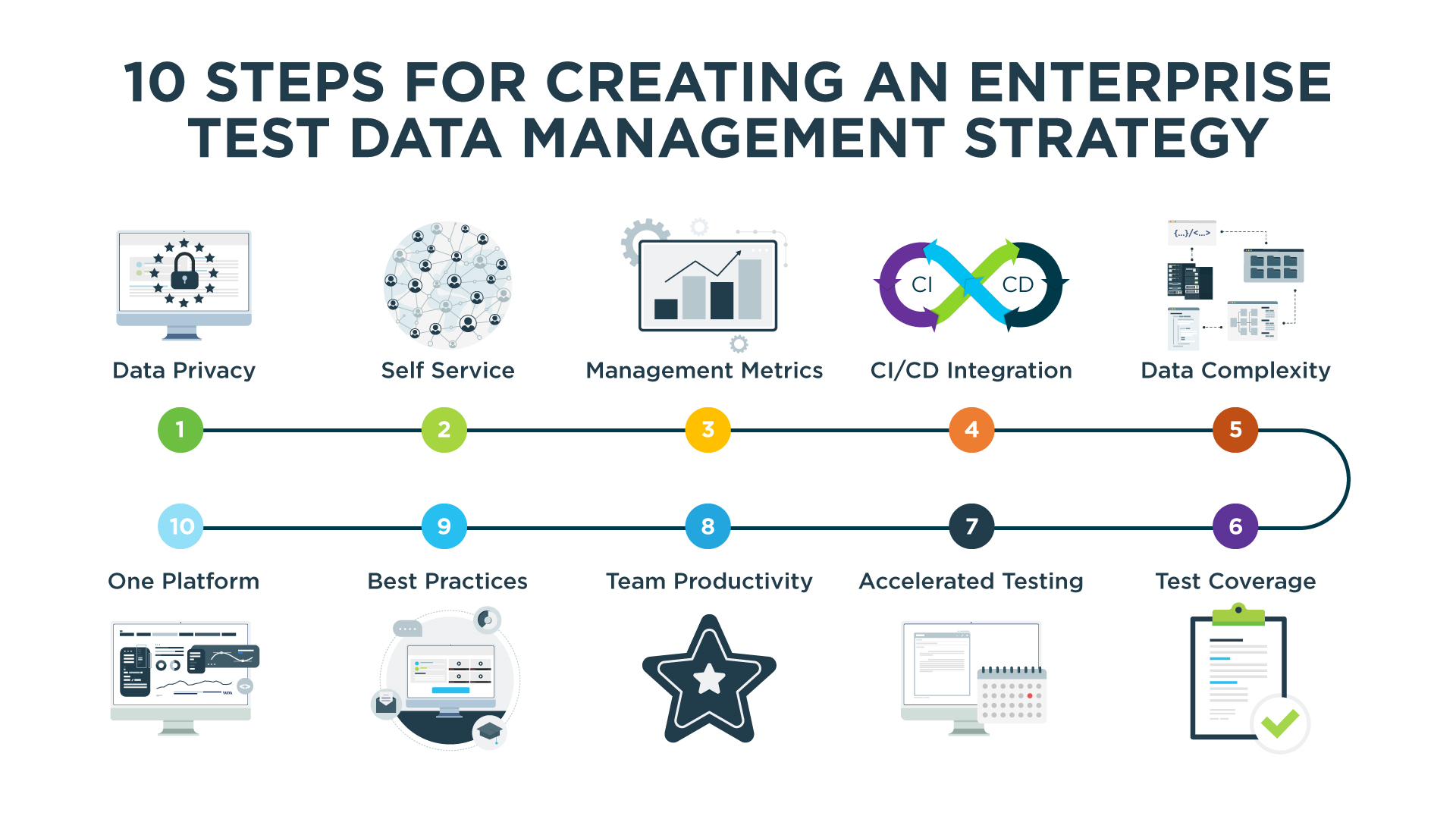
GenRocket Blog
Leveraging Synthetic Data, Automation & Best Practices to Enhance Quality & Efficiency

In the ever-evolving landscape of healthcare IT, the ability to process enormous volumes of information and securely exchange sensitive data within a diverse ecosystem has become an industry requirement. While healthcare payers are expected to account for the largest industry segment, many participants in the healthcare ecosystem rely on the security and accuracy of patient data exchanged between their systems.
Salesforce is a popular customer relationship management (CRM) platform used by an estimated 150,000 businesses for customer account management. Not only does the basic Salesforce CRM handle tracking, managing, and communicating with accounts, but the various iterations of Salesforce – Manufacturing Cloud, Sales Cloud, Service Cloud and more – ensure that there’s a ready-made CRM for many popular industries and applications.
We are often asked if GenRocket can perform data masking. The answer is, “Yes, of course – and with ease.” But like many questions asked about synthetic test data, the simple answer belies a complex explanation of the advantages of synthetic test data over production test data. Here, we explain five issues with masked production data and how Synthetic Data Masking overcomes them.
The meaningful use of electronic health records (EHR) has been at the forefront of the healthcare IT conversation since the 2014 American Recovery and Reinvestment Act. As of 2019, the CDC reports that 89.9% of healthcare practices such as physicians’ offices are actively using at least some or all of an EHR management system.
Obtaining test data for functional testing usually involves copying and subsetting the production data values used by the software under test. Production data must be carefully masked to comply with data privacy regulations and is often provisioned for testers by a dedicated test data support team. The assumption behind this approach is that production data is realistic, readily available, and made secure for testing.
Software Engineering is an exciting place to be these days. DevOps, Agile and Continuous Delivery are all buzzwords that represent a new order in software development - efficient, fast paced and highly collaborative organizational models. Quality Assurance is also an exciting